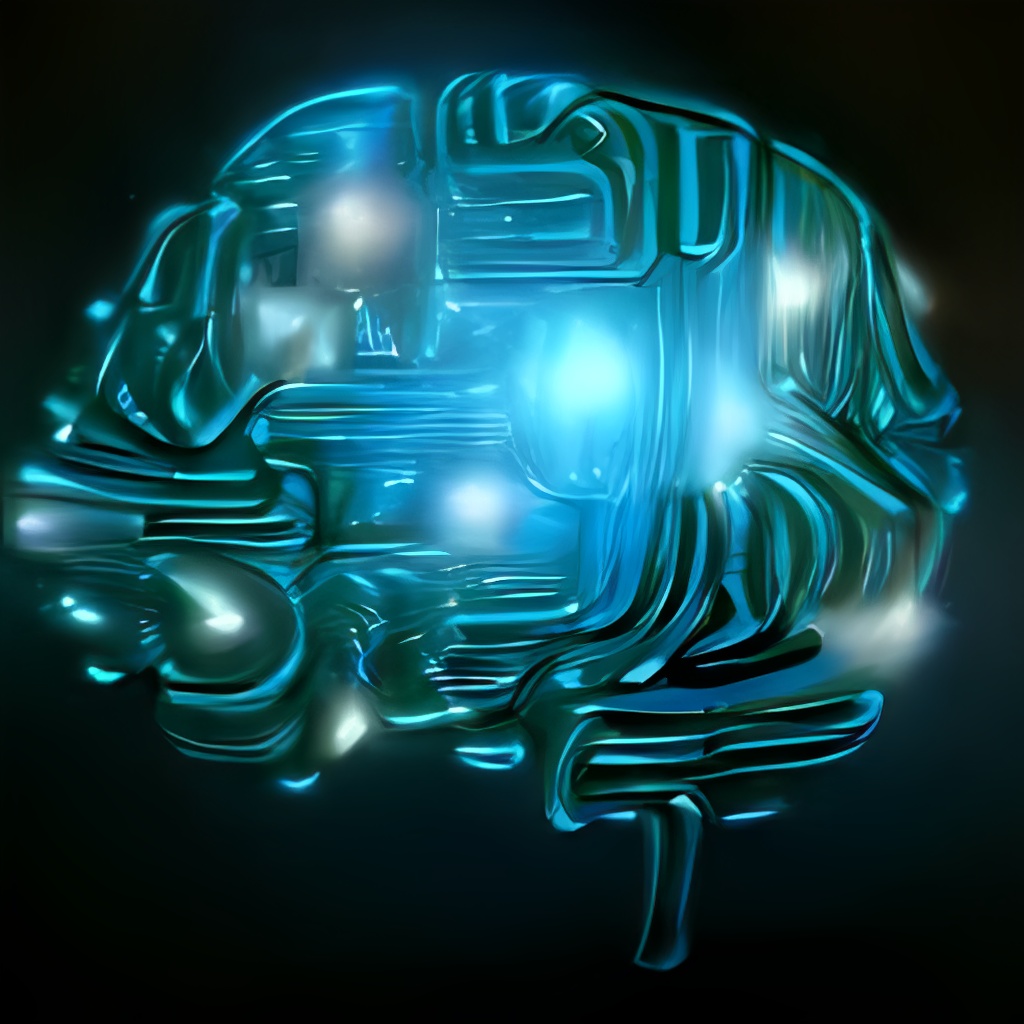Humanity today stands at a delicate crossroads. As our society moves rapidly toward material and technological advancement, we seem to be drifting away from the very values that make us human. Great thinkers of the past—Socrates, Plato, Kant, Chekhov, Iqbal, Wittgenstein, and many others—offered humanity a sacred wealth of wisdom. Though they no longer walk among us, their voices still echo through their texts, urging us to reclaim compassion, empathy, and moral courage. To restore mankind, we must return to these philosophical foundations and allow them to illuminate our path forward.
Socrates famously said, “The unexamined life is not worth living.” His call was not merely intellectual—it was profoundly ethical. He invited humanity to cultivate self-awareness, integrity, and virtue. If we truly examined our lives today, we would recognize that despite our highest qualifications, we are increasingly failing in the simplest of human duties: kindness, understanding, and respect. Knowledge without virtue becomes empty, and progress without ethics becomes dangerous. The moral decay of society is not a sudden collapse but a gradual erosion—a quiet loss of empathy that begins in individuals and eventually shakes entire communities.
Immanuel Kant rooted his philosophy in the power of moral duty. His famous dictum, “Act only according to that maxim whereby you can, at the same time, will that it should become a universal law,” remains a timeless guide. Kant believed that morality is not an option but an obligation grounded in human reason. If we followed his principle even halfway, our society would regain much of the dignity it has lost. For Kant, humanity itself is sacred; he insisted, “Treat humanity, whether in your own person or in the person of any other, always as an end and never merely as a means.” In an age where relationships are increasingly transactional and self-interest dominates, this reminder is more necessary than ever.
Anton Chekhov, though primarily known as a literary figure, offered profound moral criticism of social behavior. He emphasized that a society obsessed with material classifications—wealth, status, appearance—cannot truly flourish. Chekhov noted, “Man will become better when you show him what he is like.” His insight encourages us to confront our moral shortcomings honestly. When we judge others by materialistic standards, we diminish not only them but also our own humanity. Compassion and humility must replace comparison and competition if we are to rebuild the ethical fabric of our world.
In this moral landscape, the voice of Dr. Muhammad Iqbal shines with particular urgency. Iqbal believed deeply in the transformative power of the self. He taught that even if society refuses to change, the individual still possesses the capacity to reform themselves—and that inner transformation radiates outward, illuminating even the darkest pathways. His philosophy of khudi—the awakening of the self—reminds us that moral renewal begins within. When individuals rise with integrity and purpose, the recklessness of the world begins to vanish naturally.
Our modern age resembles a spiritual wasteland, where noise overwhelms meaning and words often lose their moral weight. Ludwig Wittgenstein warned that “language mirrors the world.” If our language becomes corrupt, divisive, and hollow, the world we create through it inevitably follows the same path. To restore humanity, we must not only act wisely but speak wisely. Words shape reality, influence minds, and can build or break communities. Thus, it is the need of the hour to speak with clarity, compassion, and responsibility so that language once again becomes a tool of healing, not harm.
Humanity is not collapsing overnight, but thinning slowly from all directions—cosmically, socially, and spiritually. The alarming rise of intolerance, indifference, and alienation warns us of an approaching moral crisis. If we ignore these signs, society may regress toward a state resembling ancient times when rules, empathy, and structured ethics barely existed. Yet even then, philosophers emerged to guide human beings toward justice, harmony, and self-realization. Their guidance is available to us even now, but only if we choose to listen.
Philosophy remains the one discipline that continually bends the mind toward higher ideals. Aristotle taught that the goal of life is eudaimonia—the flourishing of human potential. Plato envisioned a just society governed by wisdom and virtue. Marcus Aurelius reminded us that “What is not good for the beehive cannot be good for the bee,” emphasizing that individual well-being is inseparable from the collective. These thinkers were not abstract dreamers; they addressed the real moral health of society. They believed that the telos—the ultimate purpose—of mankind is not power or wealth, but ethical and spiritual growth.
Restoring humanity begins with a return to these ideals. It requires that we revisit the ancient scripts, reflect upon them, and internalize their moral teachings. Education must not merely produce skilled professionals but good human beings. Families and communities must nurture empathy as earnestly as they pursue success. We must resist reducing ourselves to material identities and embrace instead the shared truth that all humans possess inherent worth. Every act of kindness, every moment of moral courage, every effort to understand rather than judge contributes to the collective restoration of mankind.
Good knowledge will always knock at the door of our minds, but we must choose to open it. It is still not too late. If we embrace humanity now, we can avert the catastrophe toward which we are slowly drifting. The solution does not lie in technological invention or political maneuvering but in a renewed commitment to philosophical wisdom—ancient, modern, and universal. Let us awaken our ethical consciousness, revive our sense of shared responsibility, and strive toward a world where humanity is not an afterthought but the foundation of all progress.
The mother of all sciences—philosophy—calls upon us once more: restore your inner self through the knowledge of wisdom, and the world will follow.
The writer is a Research Scholar. javidqureshi139@gmail.com


